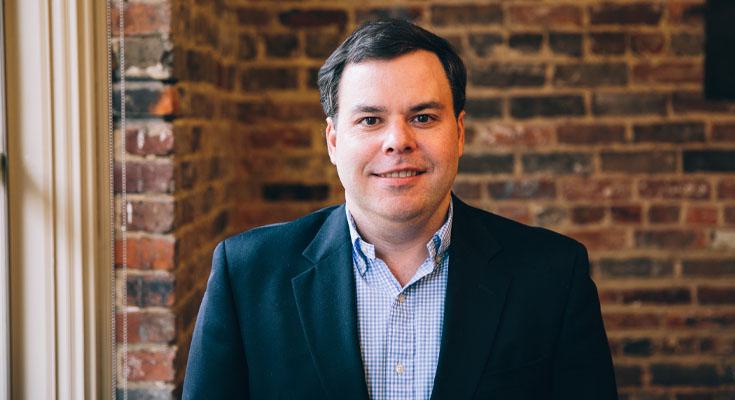Alabama gas prices recently broke a record: the price of gas is now higher than it has ever been in state history.
But just like record budgets, record gas prices are not a good thing.
At least part of the blame can be placed on Gov. Kay Ivey and the current class of legislators, who passed a $.10 gas tax increase in March 2019. The week that the Rebuild Alabama Act (RAA) was signed into law Alabama’s average gas price was $2.25 per gallon. Today the average sits at nearly $4.13 per gallon, an 83% increase in the past three years.
Ivey proposed the tax increase and the current state Finance Director Bill Poole sponsored the bill.
Combined with inflation driving the price of most household goods to record highs, rising gas prices are impacting the wallets of Alabamians. It’s past time for action.
At a minimum, Gov. Ivey and the Legislature should suspend all state gas taxes until prices stabilize. They should also work to repeal the potential $.01 automatic increase every two years that was included in the RAA. A full repeal of the 2019 act would best serve citizens, and the state can afford to do that without sacrificing infrastructure projects.
But what are the Governor and Legislature currently doing about gas prices? Not much.
To his credit, Sen. Larry Stutts (R-Sheffield) has introduced a bill to repeal the automatic increase in future years, but the measure appears to have little chance of passage this session and would provide no immediate relief.
Other states see how higher gas prices are impacting citizens and are taking swift action to alleviate some of the pain at the pump. The Georgia House of Representatives voted unanimously to suspend all its state gas tax through the end of May. Florida will suspend the state’s gas tax for a month later this year. Legislators or governors in 14 other states have recently discussed or introduced proposals to freeze state gas taxes.
What does Gov. Ivey have to say about suspending the gas tax? Last week Ivey said, “I don’t think we can suspend it at all. The problem is, get to the root of the problem and that is Joe Biden’s policies. They can be reversed.”
There are certainly factors causing the recent surge in gas prices that are beyond Governor Ivey or the Legislature’s control. The conflict between Russia and Ukraine and U.S. sanctions in response are playing a role. Energy policy decisions of the Biden Administration are a factor. But what our elected officials can control is providing relief from state gas taxes. Washington didn’t force lawmakers to raise the gas tax in 2019.
Other lawmakers want to wait and see if the federal gas tax is frozen. The federal tax has remained unchanged since 1993 and is about $.10 per gallon less than the Alabama tax.
Alabama’s state government has enough money to fully suspend the state gas tax in the short term as well as repeal the $.10 tax. The state began the year with a $1.8 billion surplus. Most of that surplus came from taking more taxes from Alabamians. Gas taxes accounted for $632 million in revenue last year, with the RAA tax making up $208 million of that.
On top of the surplus, Alabama has been awarded around $463 million in COVID-19 related grants through the federal Department of Transportation. Last year Congress passed the $1.2 trillion Infrastructure, Investment, and Jobs Act, the largest five-year transportation bill ever. Alabama is set to receive about 32% more in annual highway and bridge funds and up to $6.8 billion total for transportation and infrastructure projects over the next five years.
If ever there were a time that Alabama could afford to freeze all the gas tax and repeal the 2019 increase, it’s now. Yet Gov. Ivey all but dismissed the idea. Lawmakers say there is nothing in the works.
The role of government should not be to take and spend as much of citizens’ money as possible. Gov. Ivey and the Legislature could freeze and repeal the gas tax now and immediately help all Alabamians. But they must be willing to choose the people over bigger government to do so.
Justin Bogie serves as Senior Director of Fiscal Policy at the Alabama Policy Institute. The views and opinions expressed here are those of the author and do not necessarily reflect the policy or position of 1819 News. To comment, please send an email with your name and contact information to: Commentary@1819News.com.









